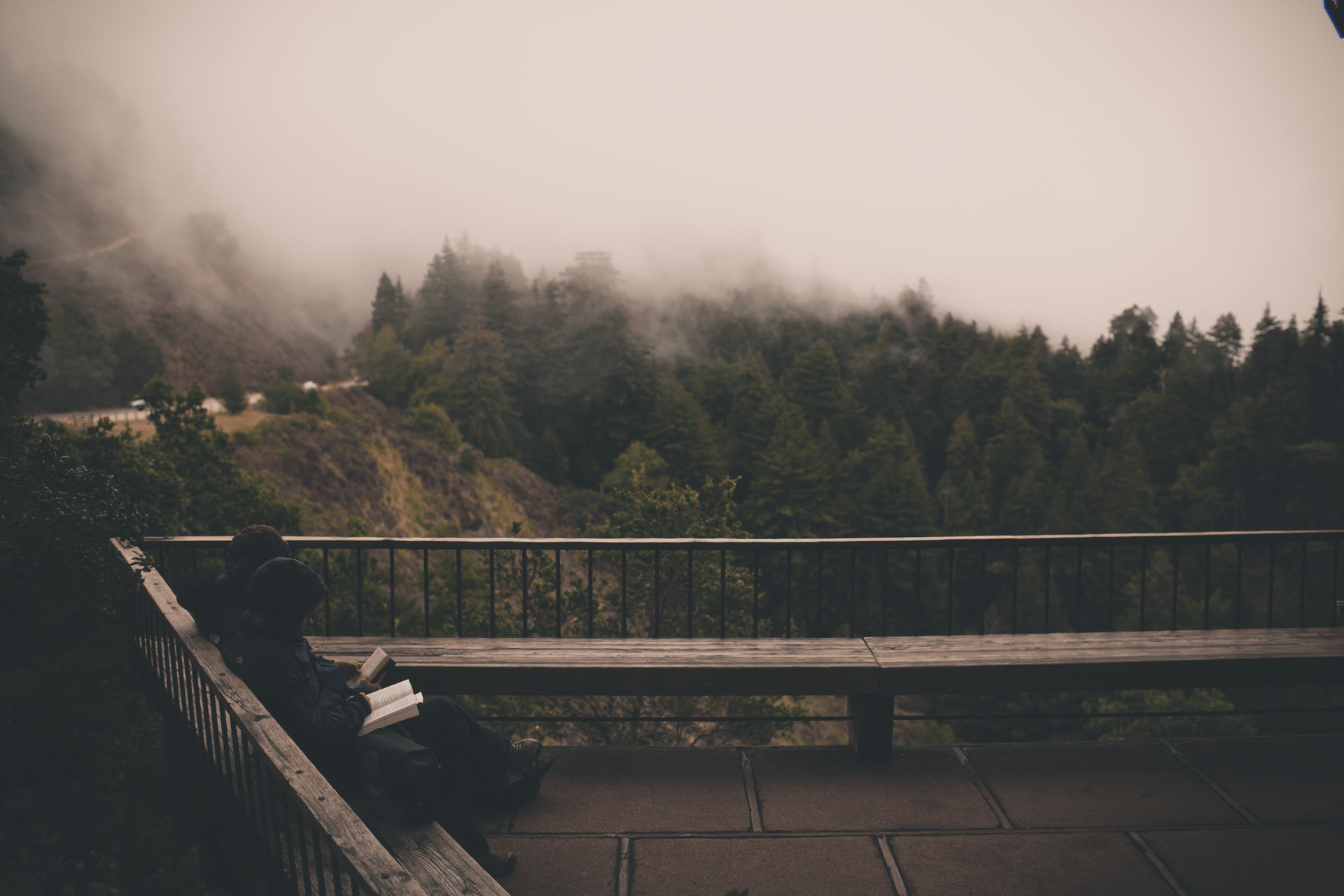In this ideas piece, Cameron Colwell looks at how longform fiction expands the scope for more nuanced exploration of important topics.
In its latest issue, #108, youth literary magazine Voiceworks published its first longform piece of short fiction. Earlier in the year, in addition to its usual callout for stories ringing in at 3,000 words or less, the magazine opened up the field to longer work, asking for pieces between 7,000 and 10,000 words.
